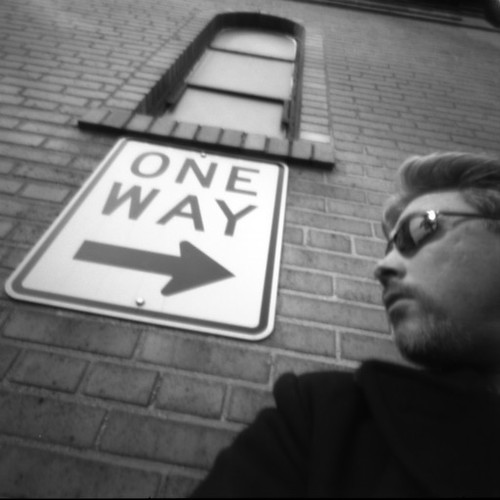 In any global organisation, particularly one that has grown by acquisition and merger, there comes a realisation that different parts of the company approach the same problems or processes in different ways, and that these ways are not always equally effective.
In any global organisation, particularly one that has grown by acquisition and merger, there comes a realisation that different parts of the company approach the same problems or processes in different ways, and that these ways are not always equally effective.Therefore an early first step in KM is to harmonise the different approaches to core operations, and to come out with a single "global way of working" - one Way which everyone will follow. The company experts and practitioners get together, compare approaches, and choose "the best of the best". This then becomes the standard mandated approach from head office.
Immediately there is a step up in productivity and consistency. This is particularly important for global service companies, as their global clients now get a consistent standard of service worldwide.
This standardisation of approach is a Knowledge Management strategy, in that it results in pooling global knowledge into a "company best practice". However as a long term approach, it faces several problems;
- Best practice never stays Best for long. The "global way of working" is going to need to evolve over time if the company is to stay competitive. There needs to be a feedback and improvement mechanism, such as a lessons learned cycle.
- This is a "central push" model for KM, where knowledge (the "standard way") is pushed out from the centre to the regions. However the regions are where the way is applied, and unless knowledge comes back, and is shared between the regions, then that operational experience is lost. There needs to be an experience gathering approach, such as Knowledge Exchange.
- All too often, the "global way of working" tells people what to do, but not how to do it, nor how to do it in the most effective way given the different operating contexts around the world. It provides the Standards and Rules, but not the tips and hints. The Tips and Hints come from the operators on the front line, and need to be shared with other operators. There needs to be a Community of Practice, allowing effective local application of the global ways.
In other words, a Knowledge Management Framework needs to be in place, supporting, refining and building upon the global ways of working. The first step of standardising needs to be followed by a second step of application and continuous improvement.




No comments:
Post a Comment